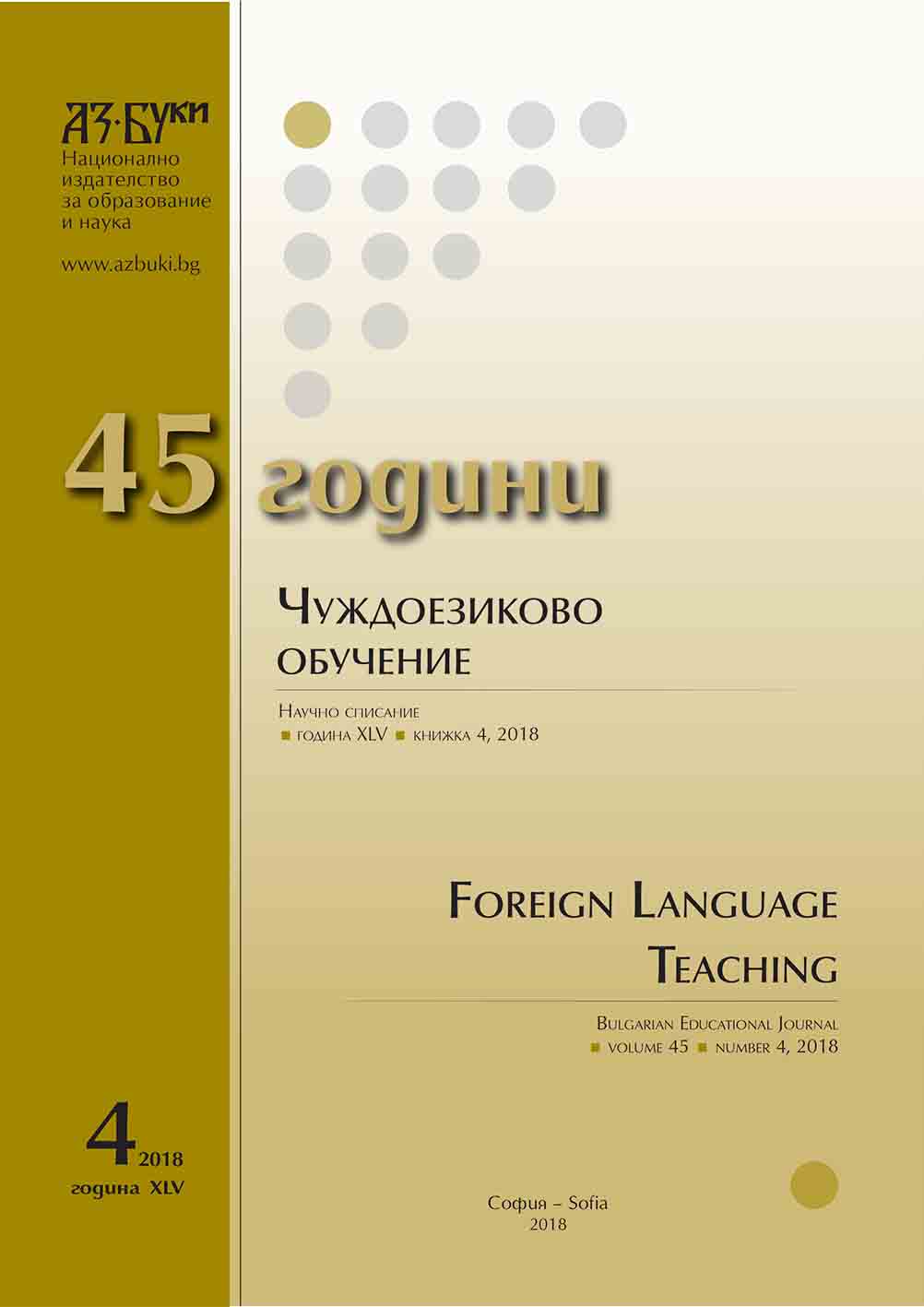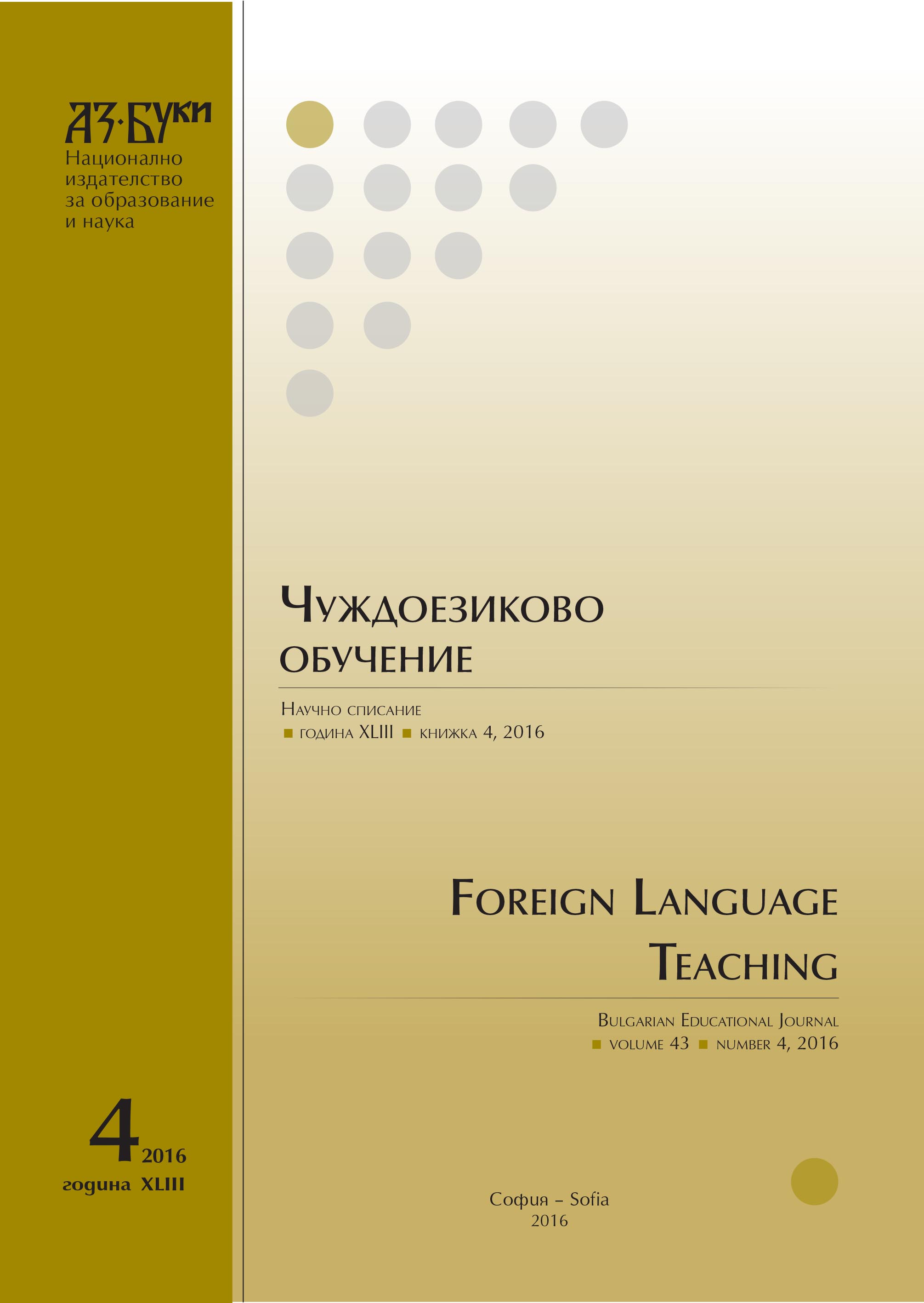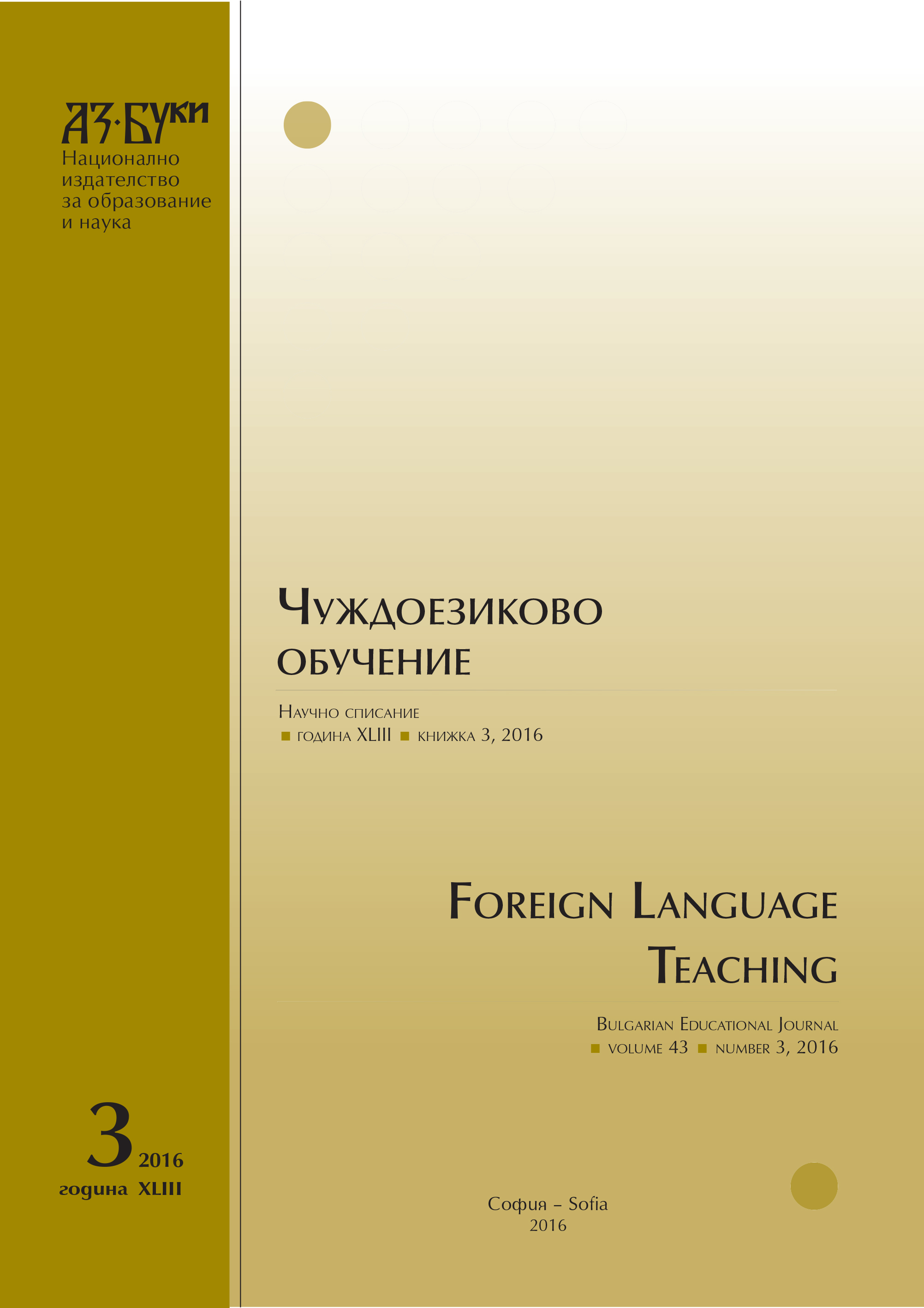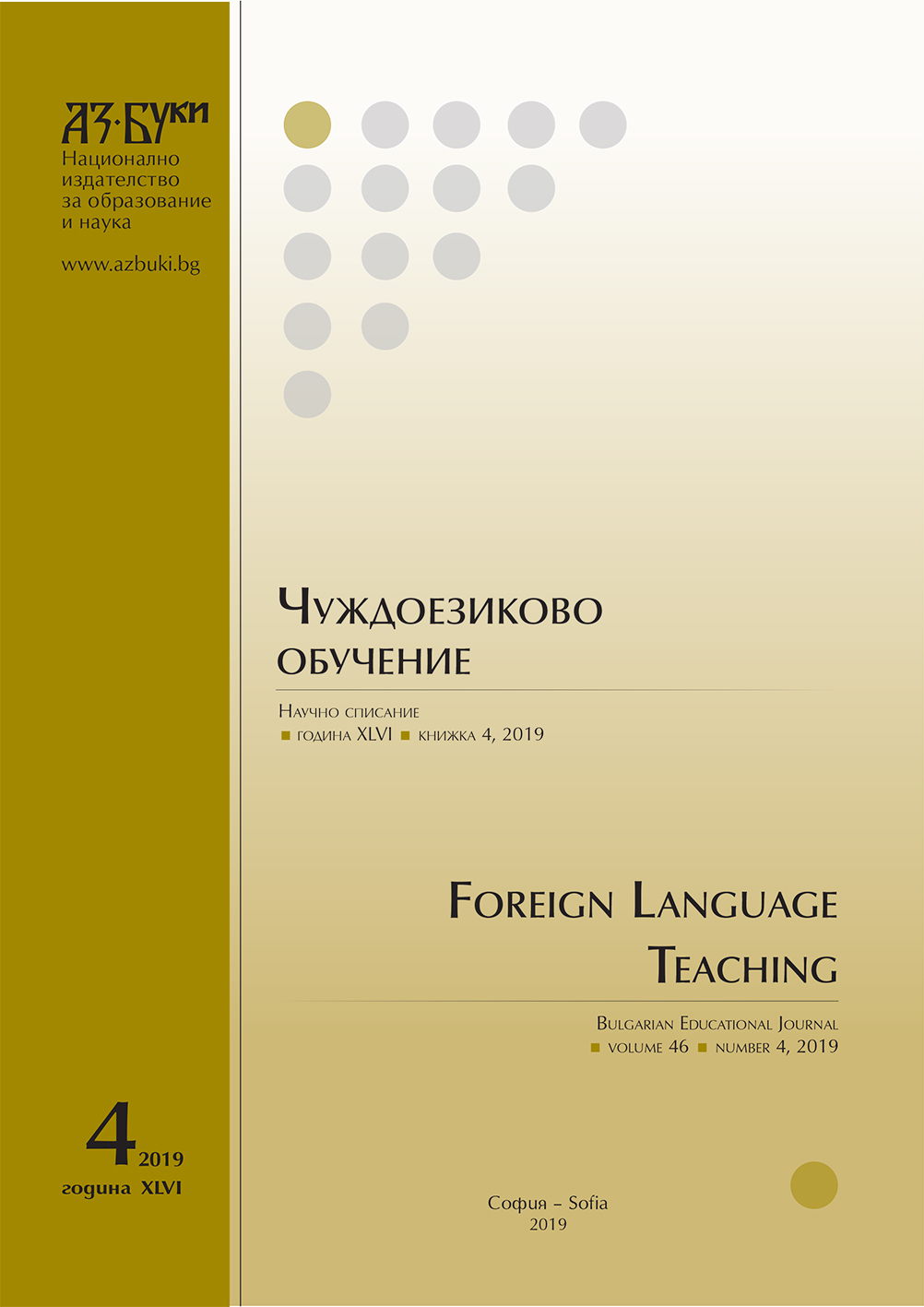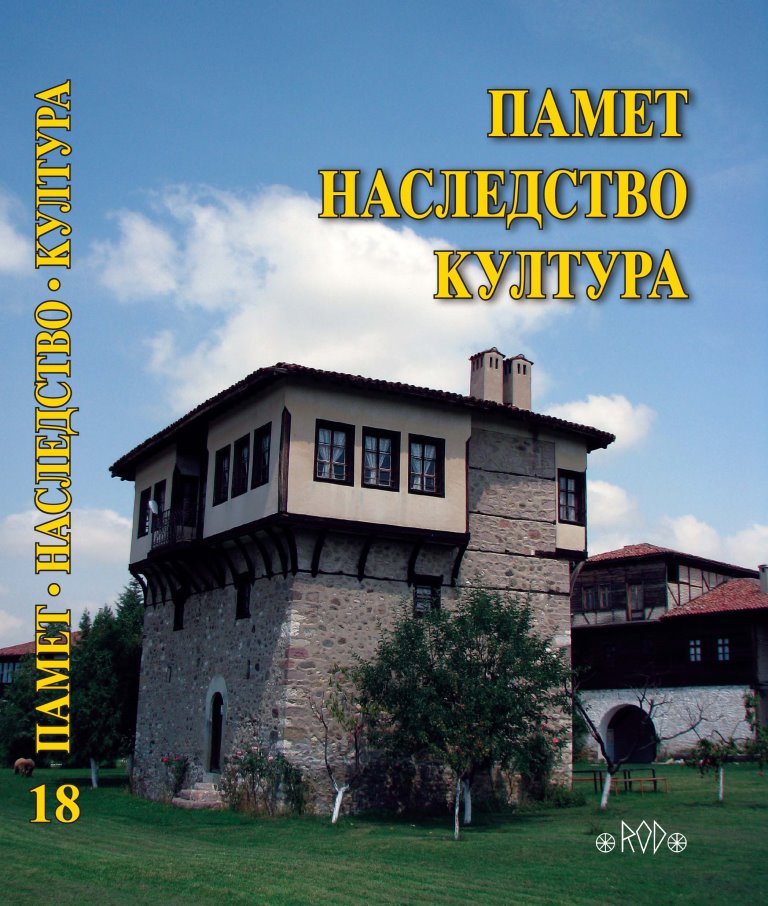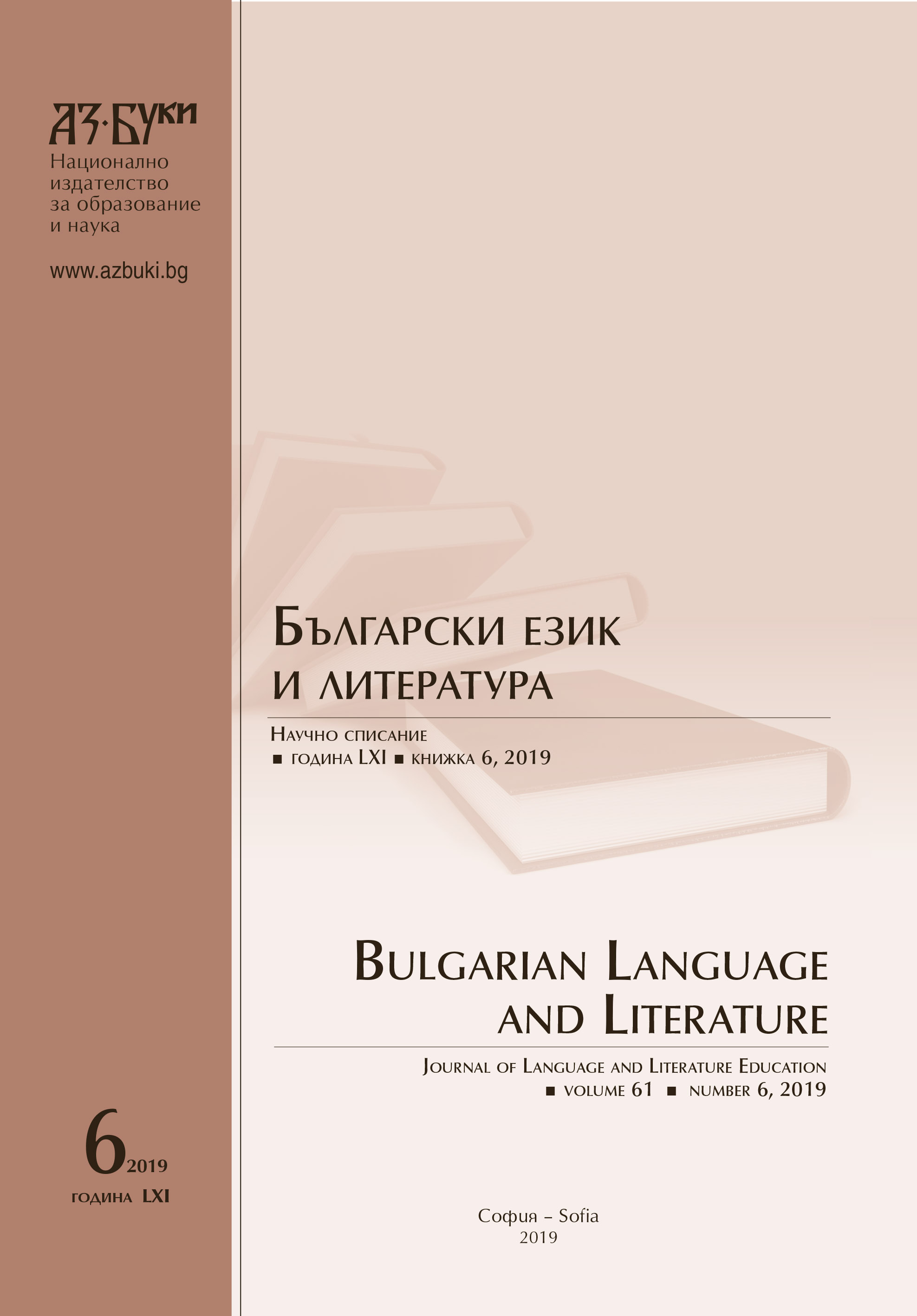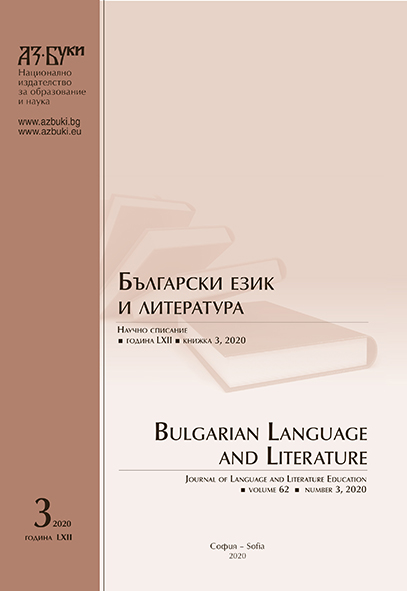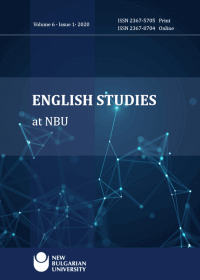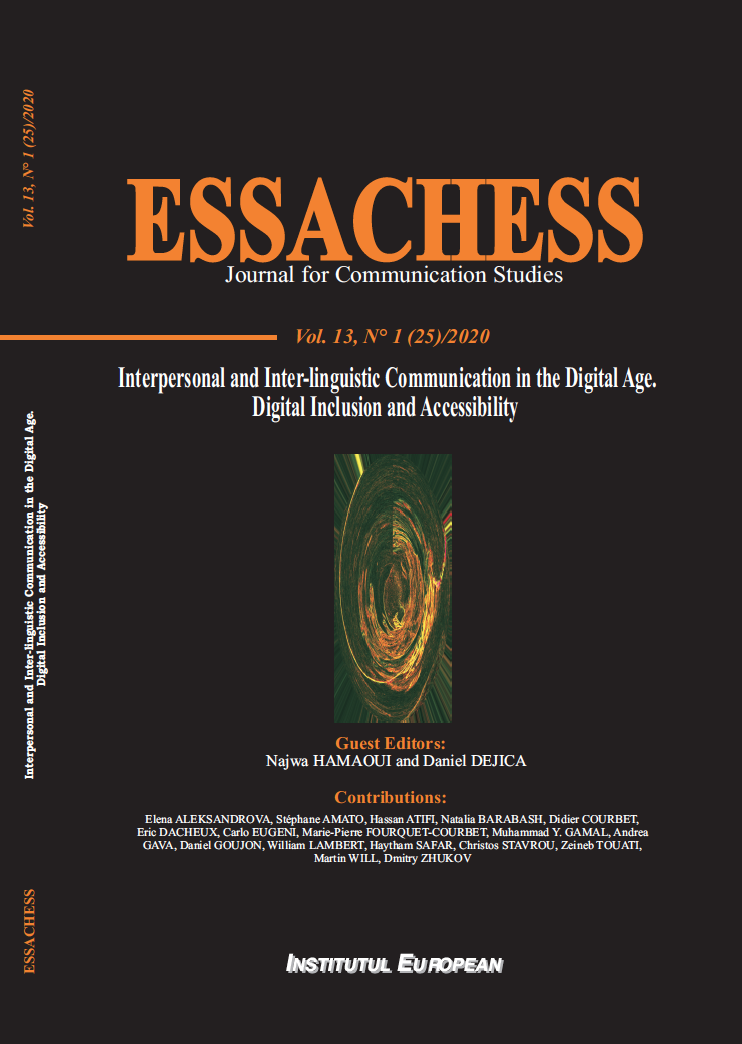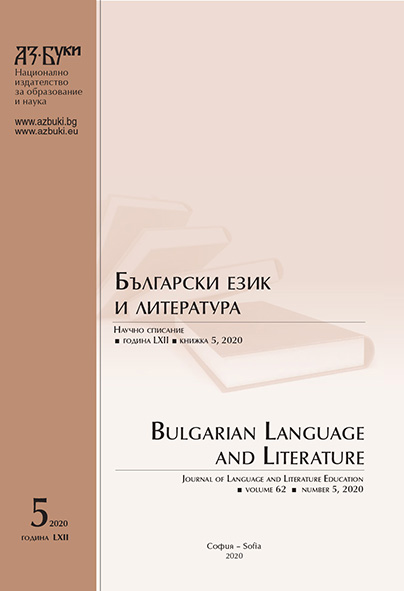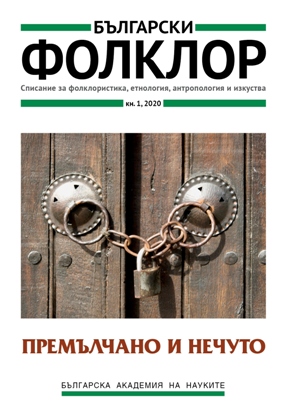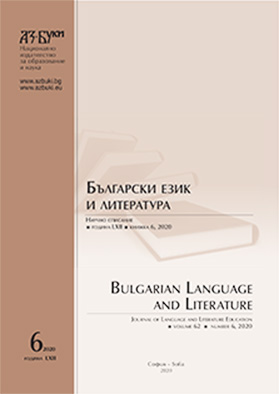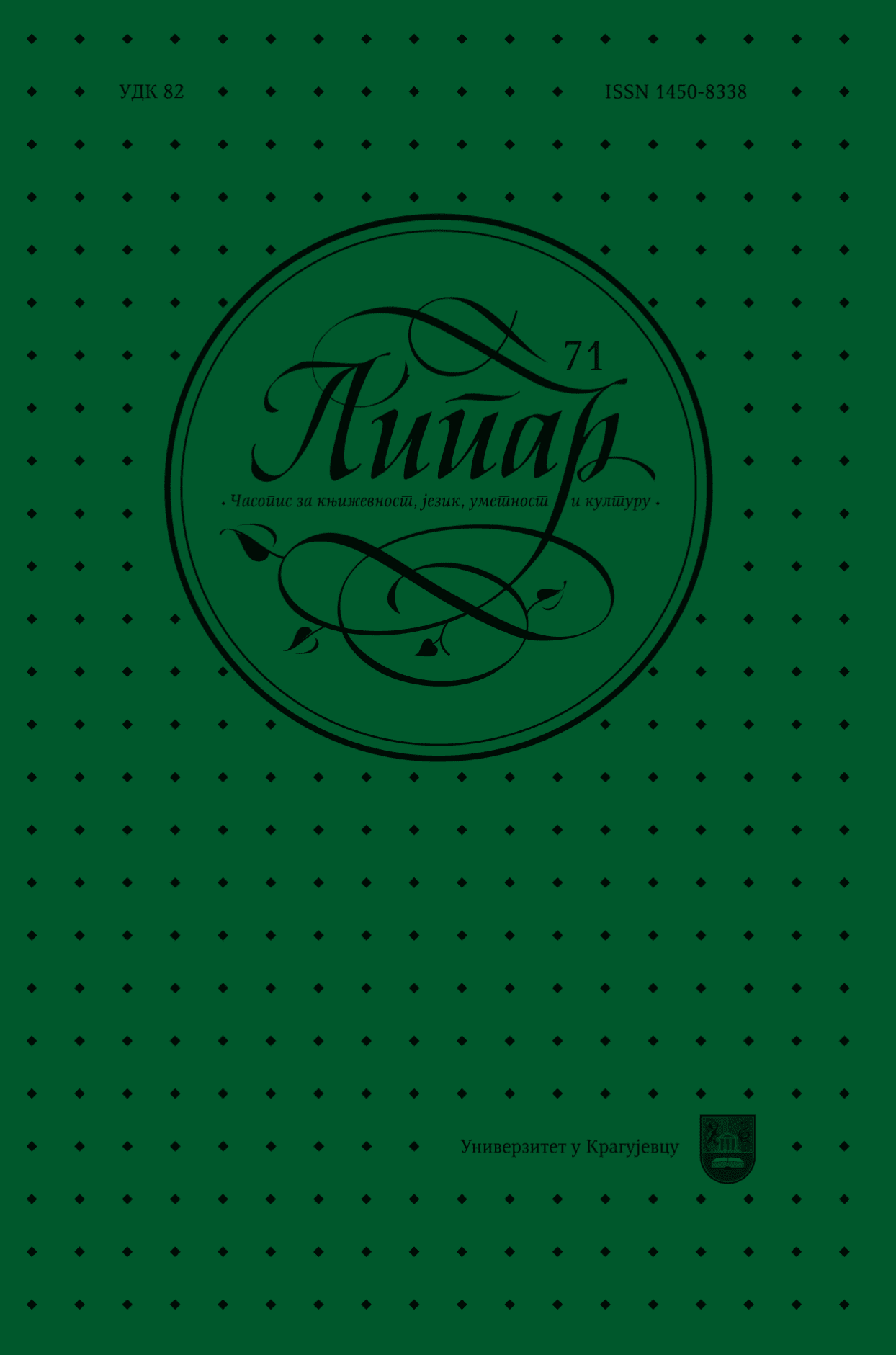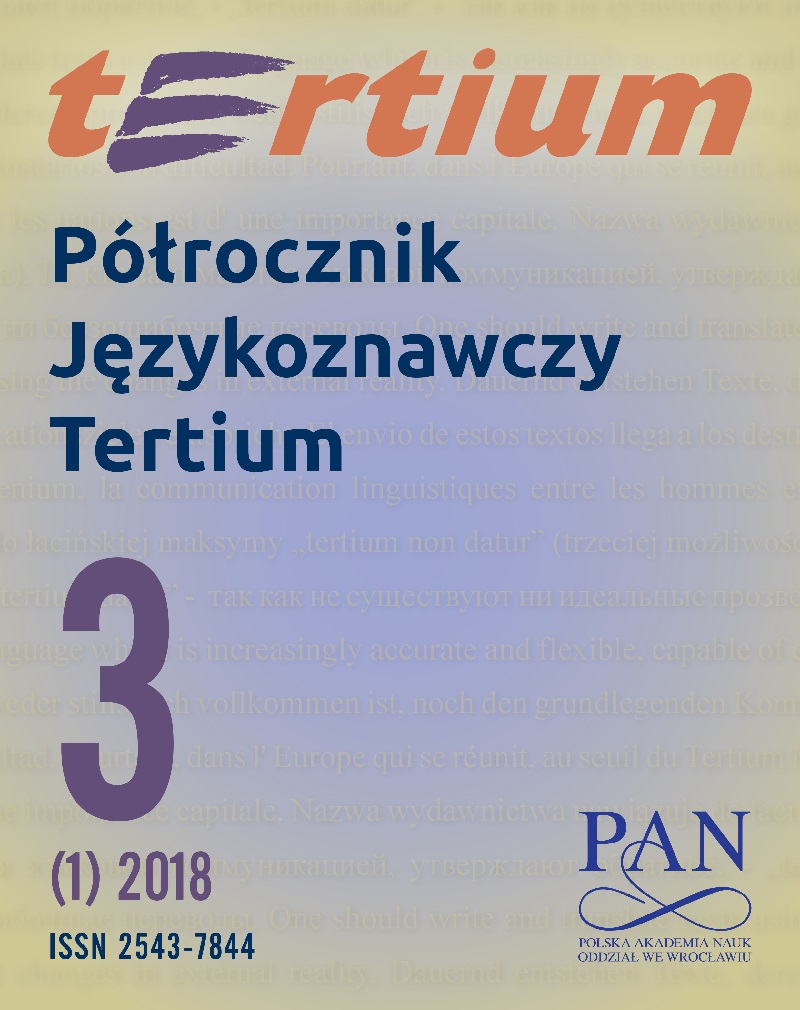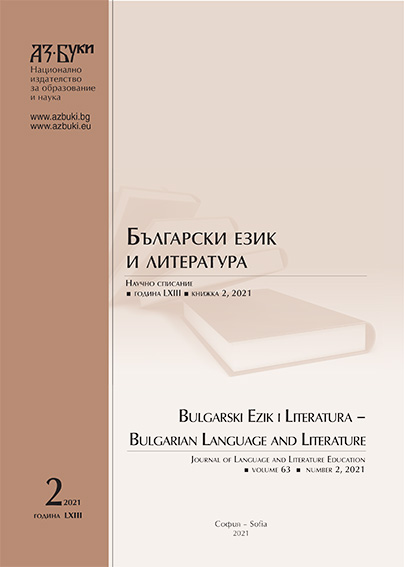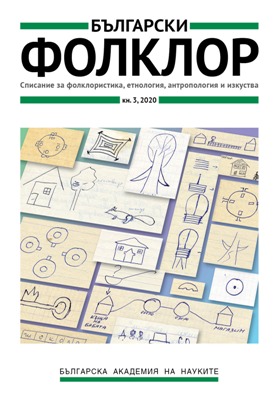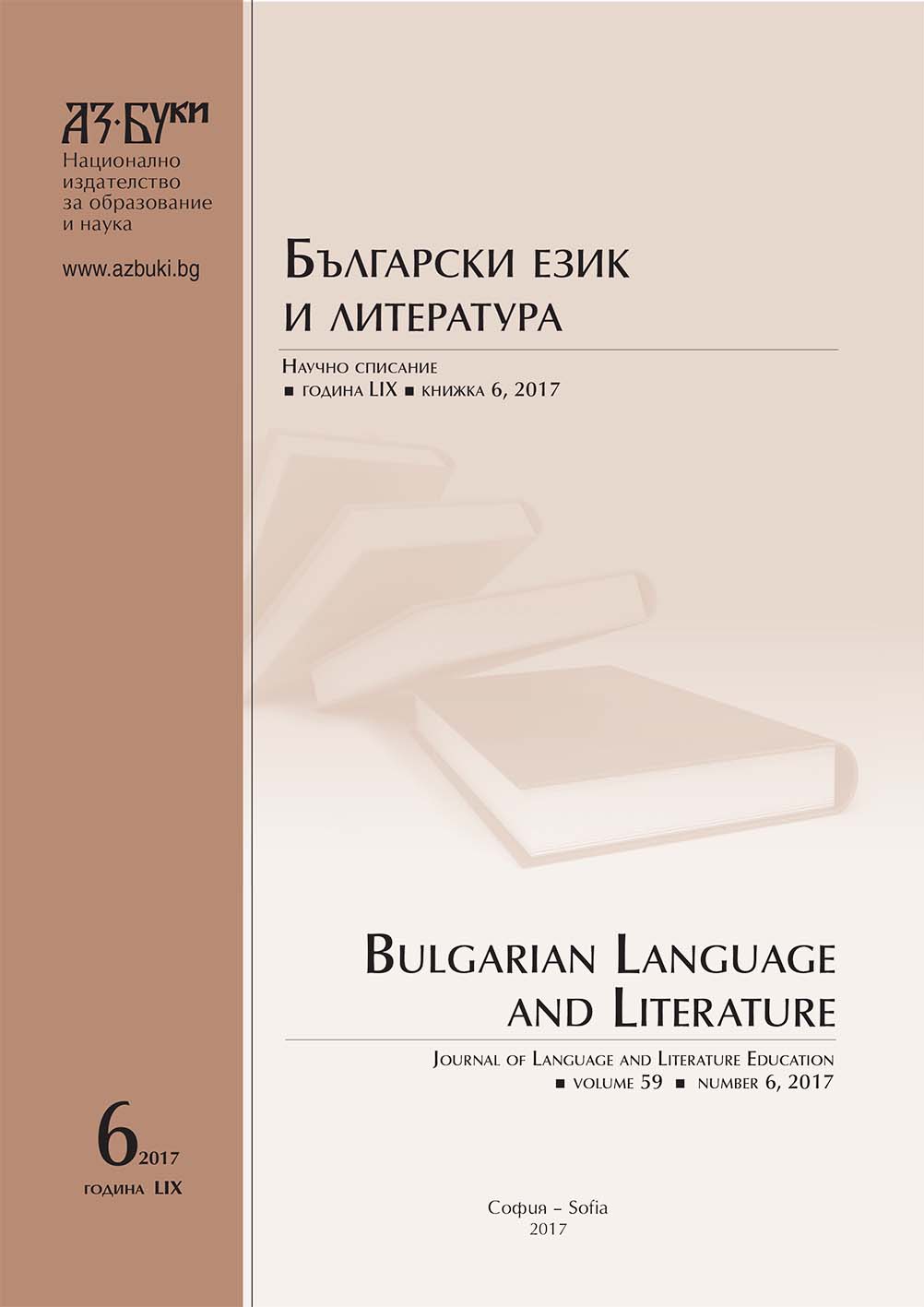
За един eксперимент по писане с чуждестранните студенти, изучаващи български език
Writing is a main component in second language acquisition. Writing skills are basic and include creating texts, which are assessed acording to the following criteria: content, organization and cohesion, range, register, target language, accuracy of language. The writing task, which results are analysed in this article, is partially constrained by presenting foreign students with initial and final sentences. The students were instructed to write several sentences in between those two which, when taken all together, would form a good text.
More...
